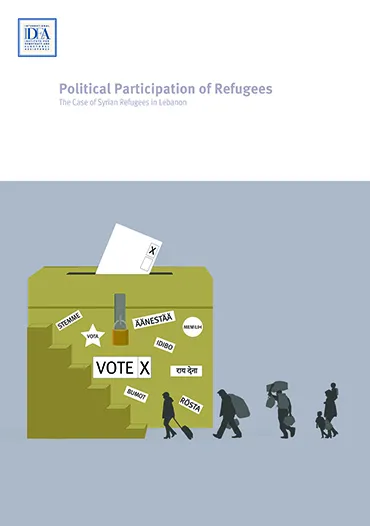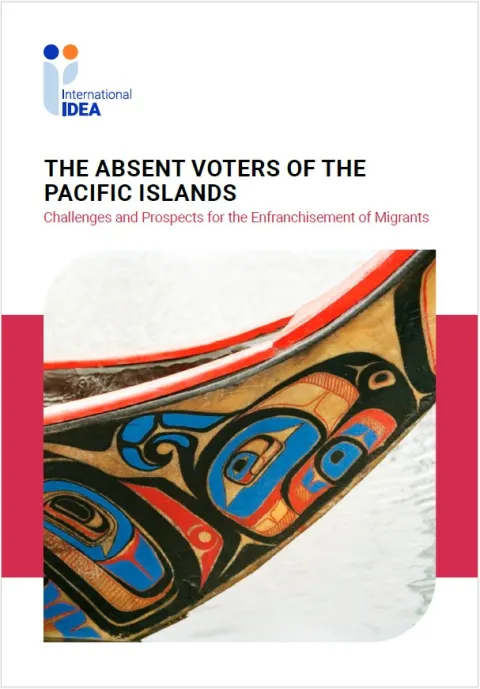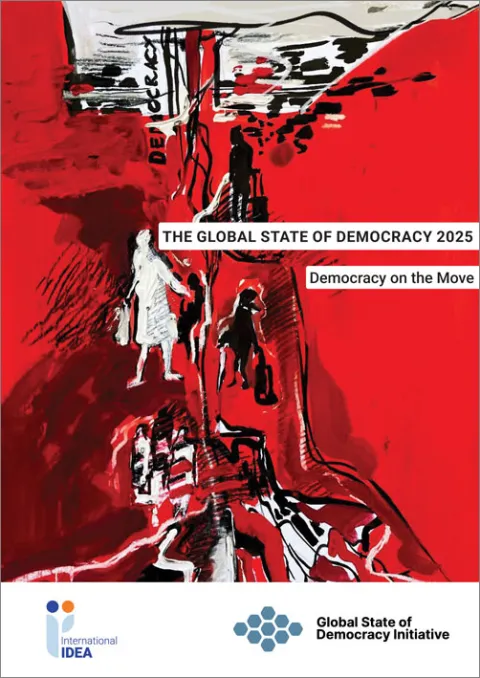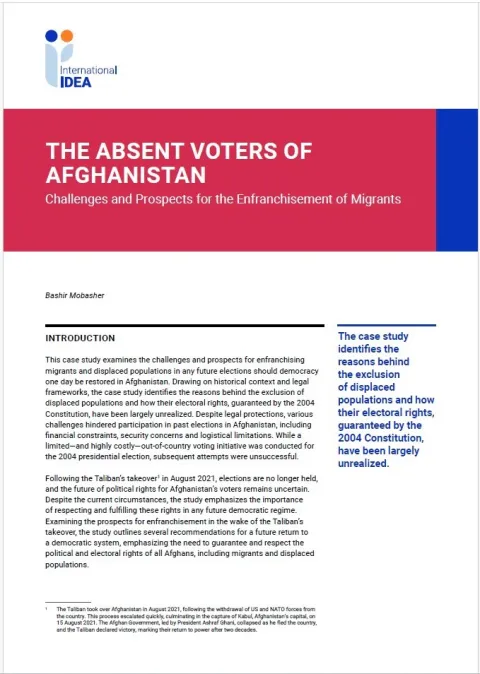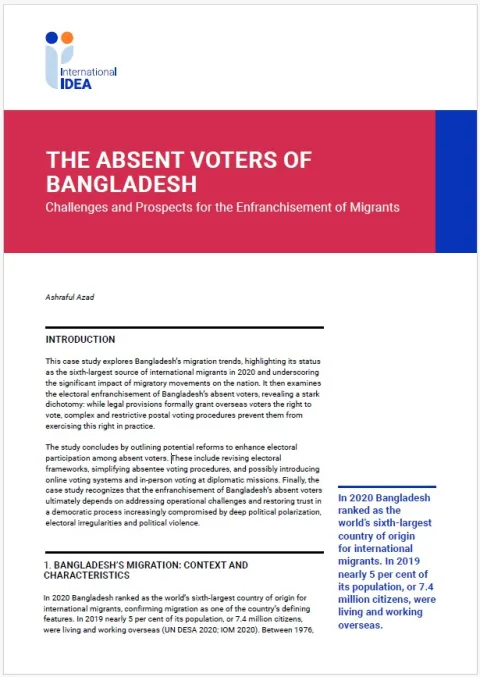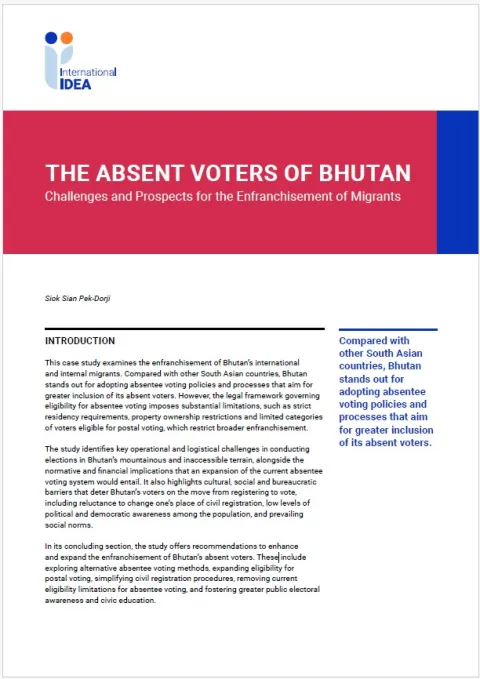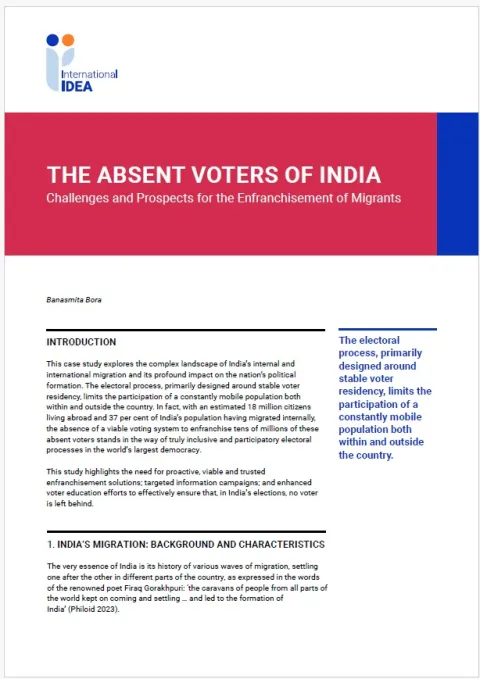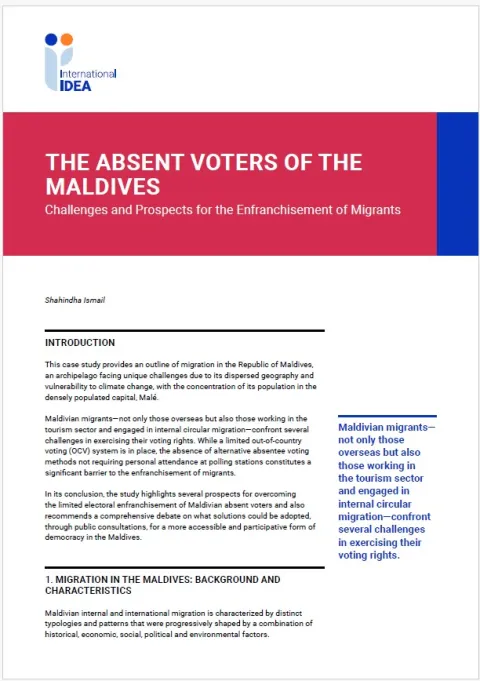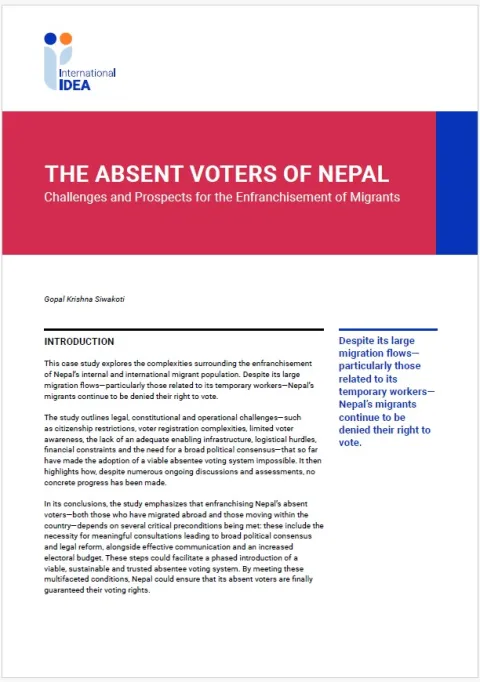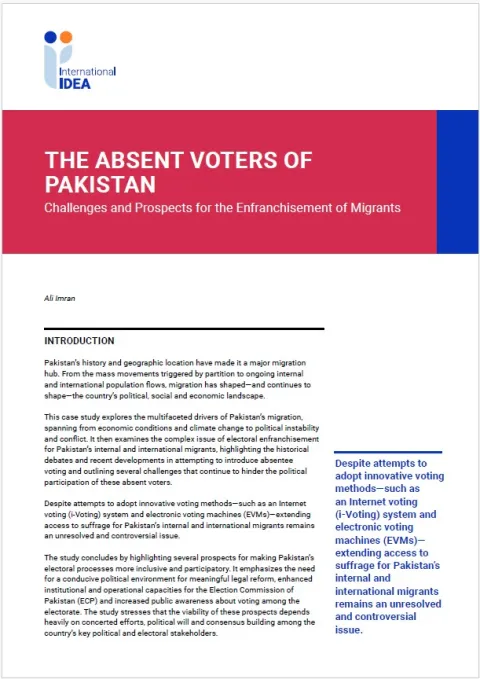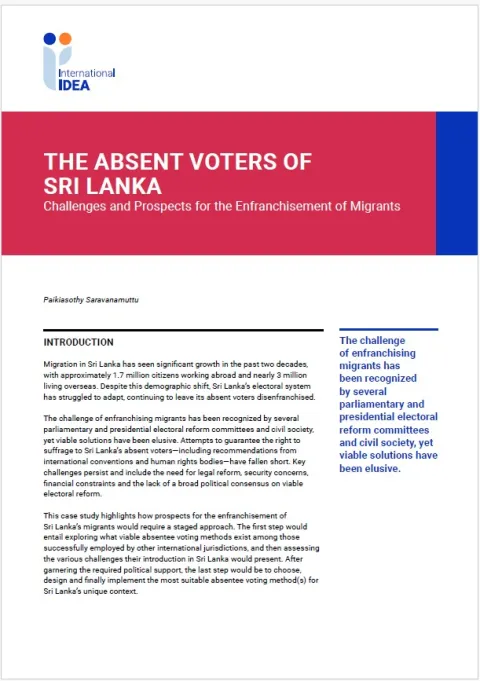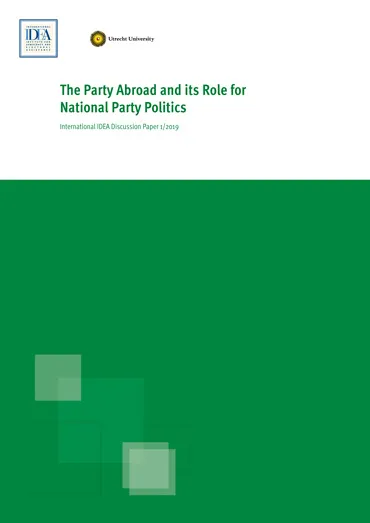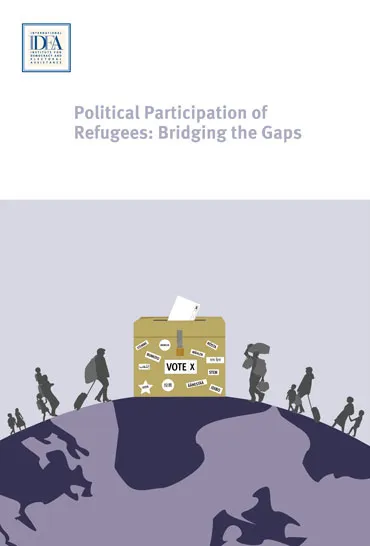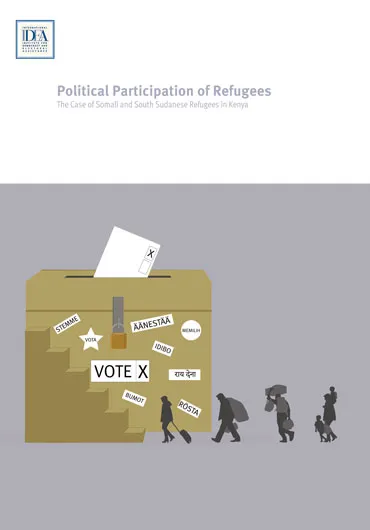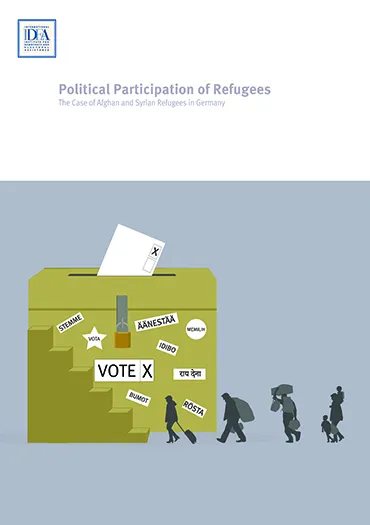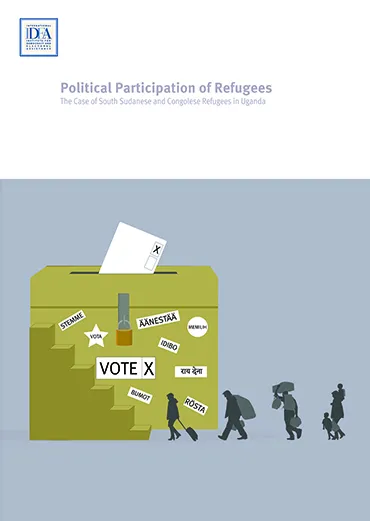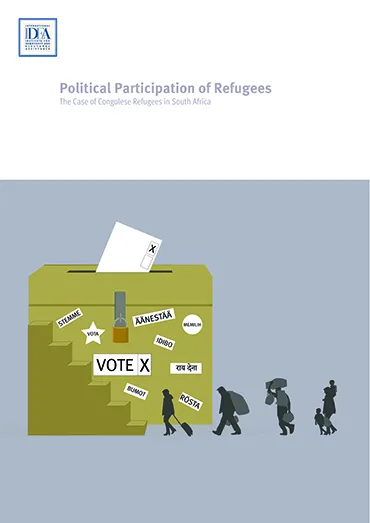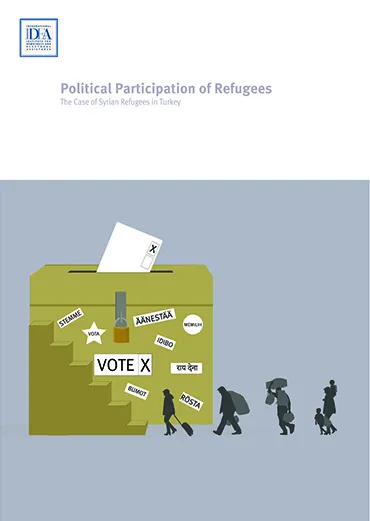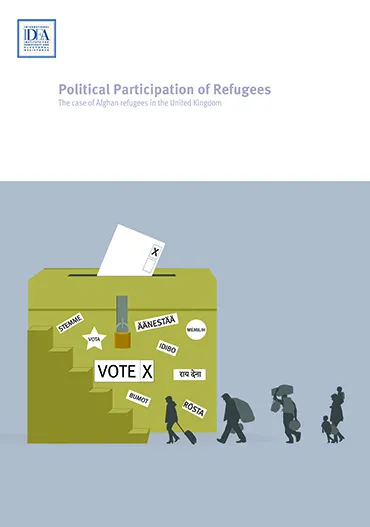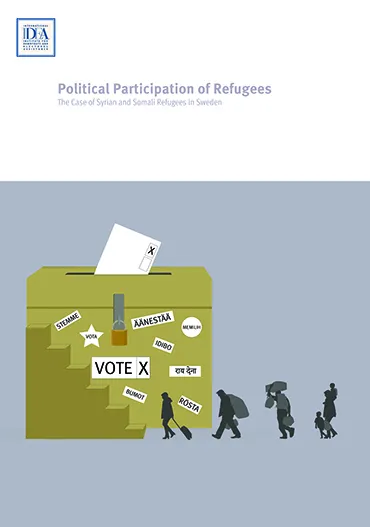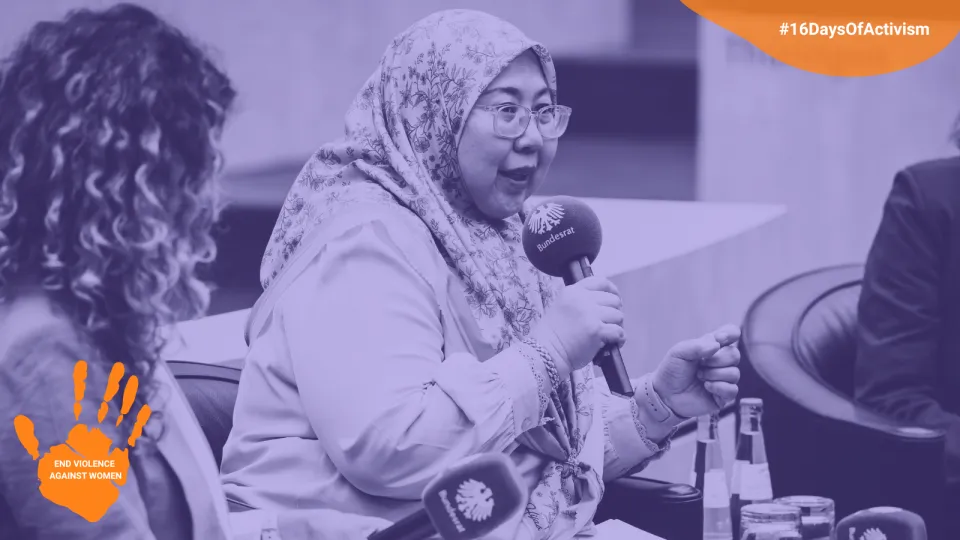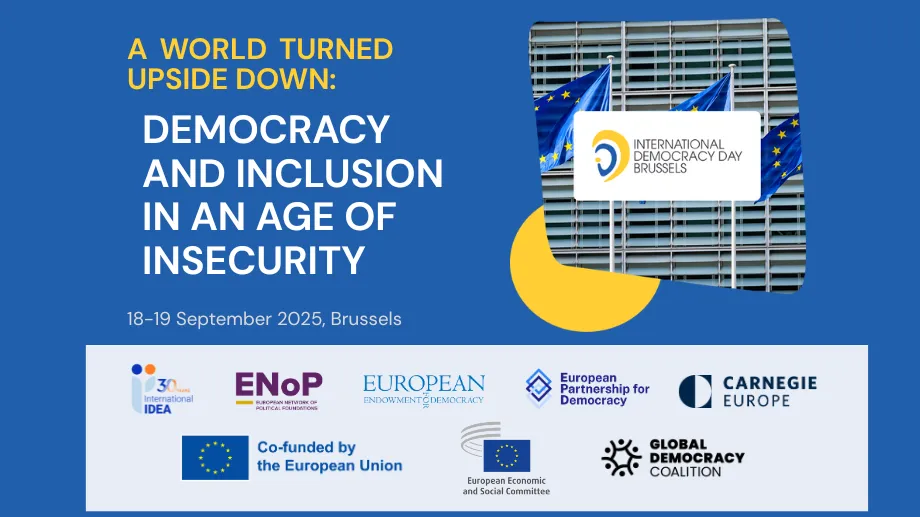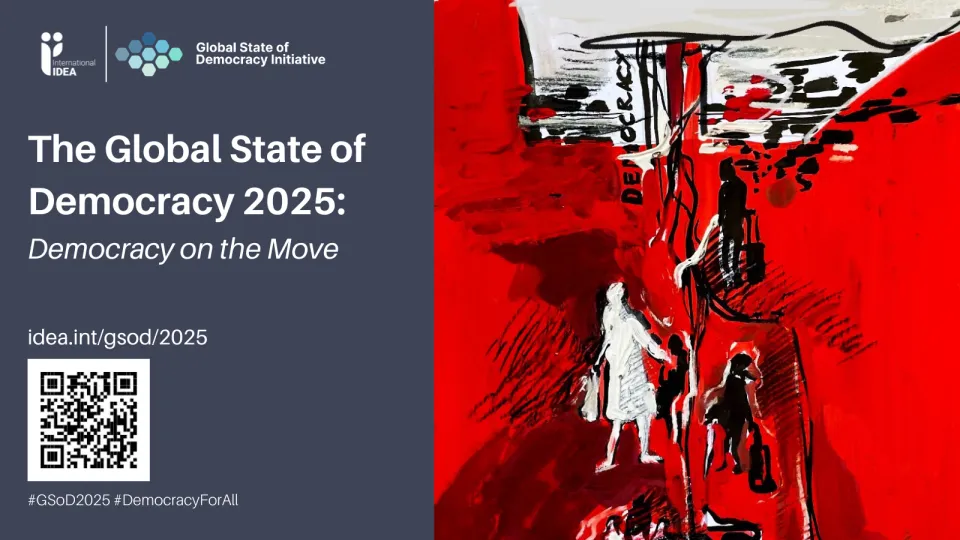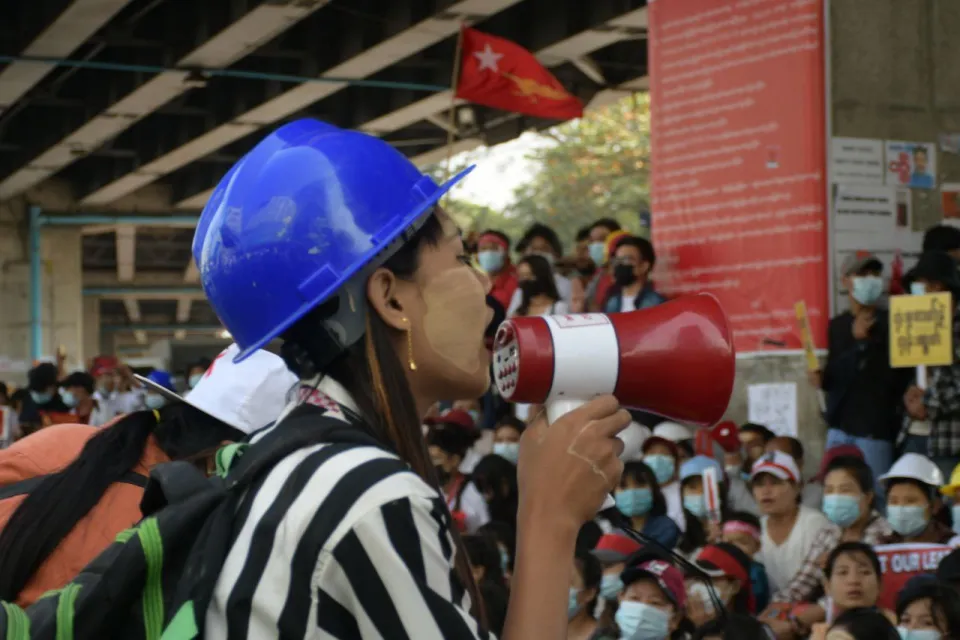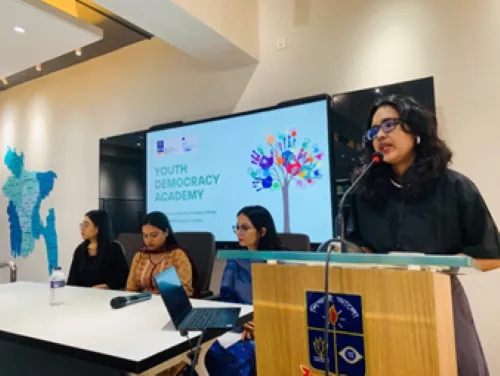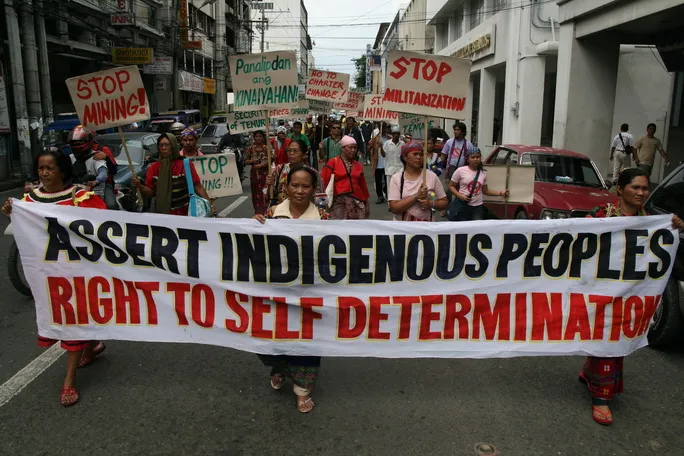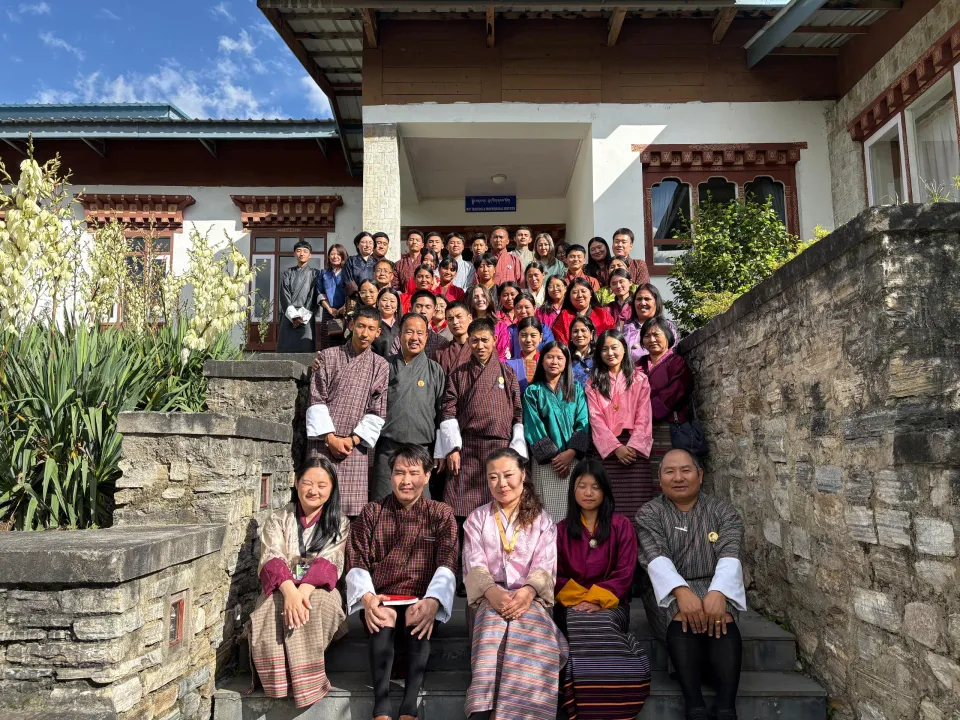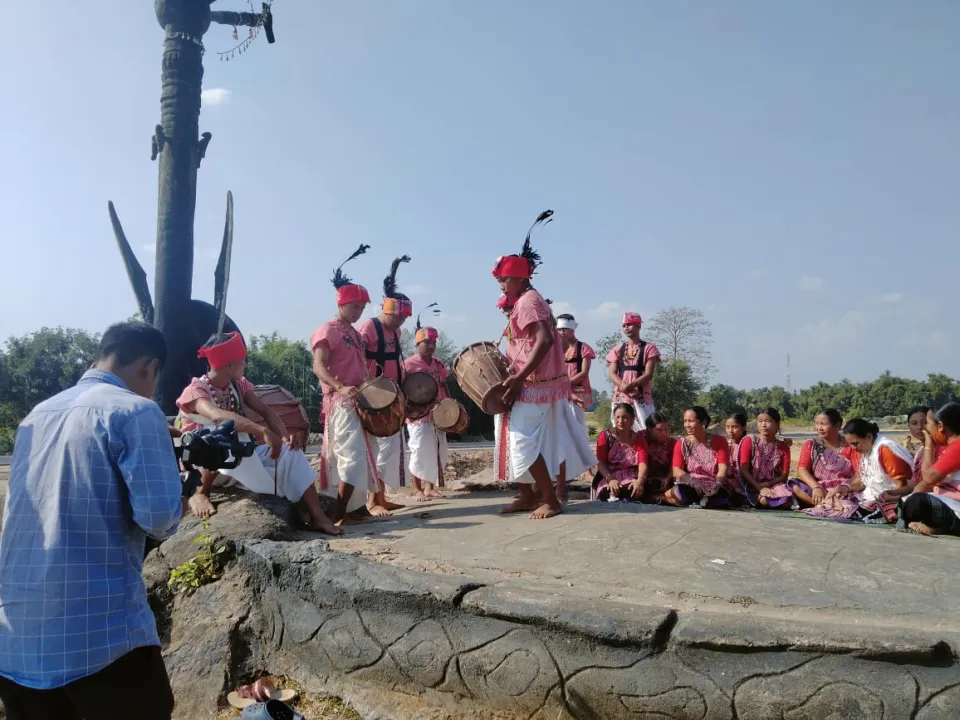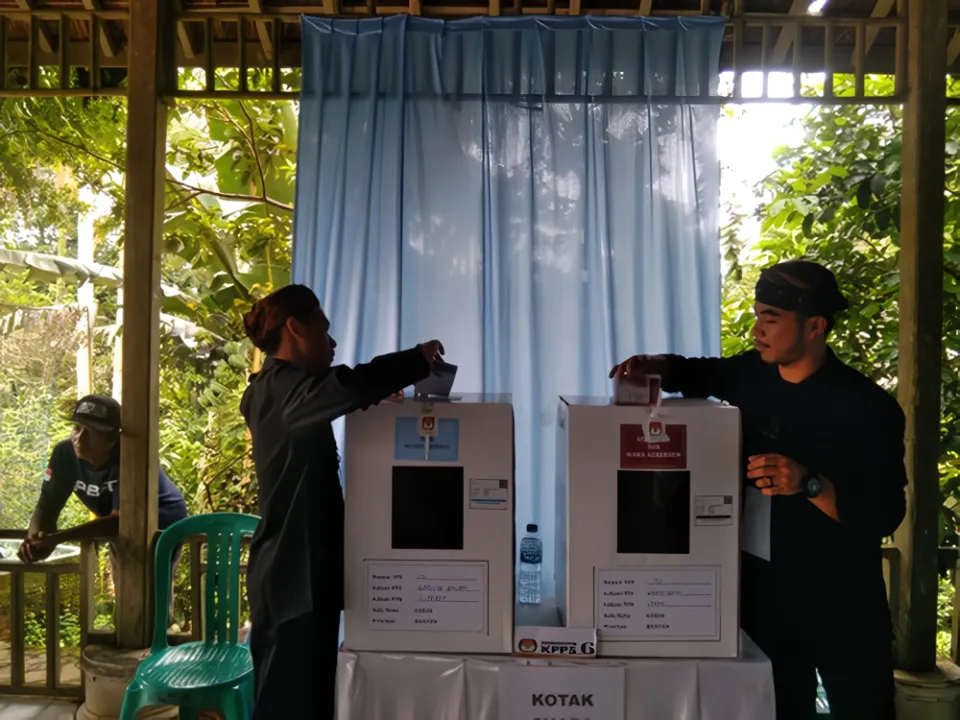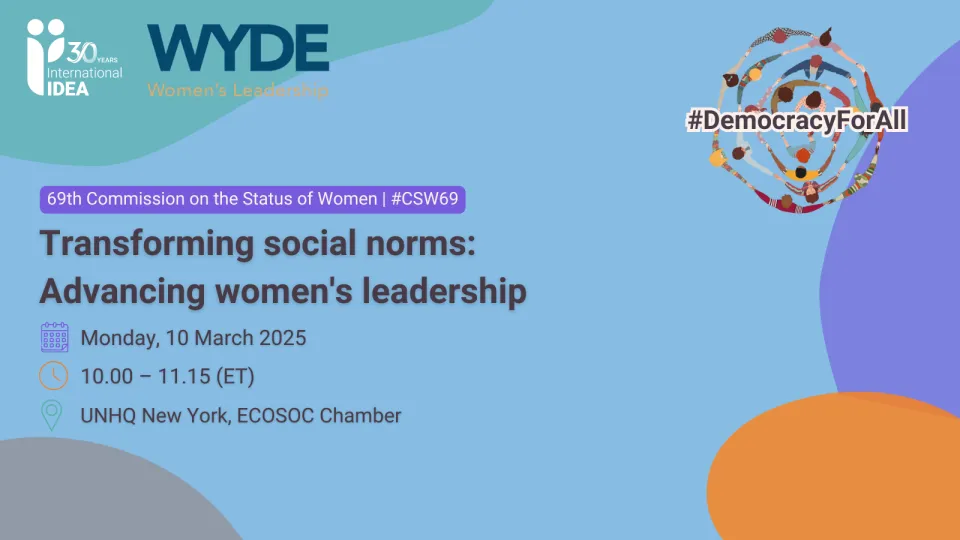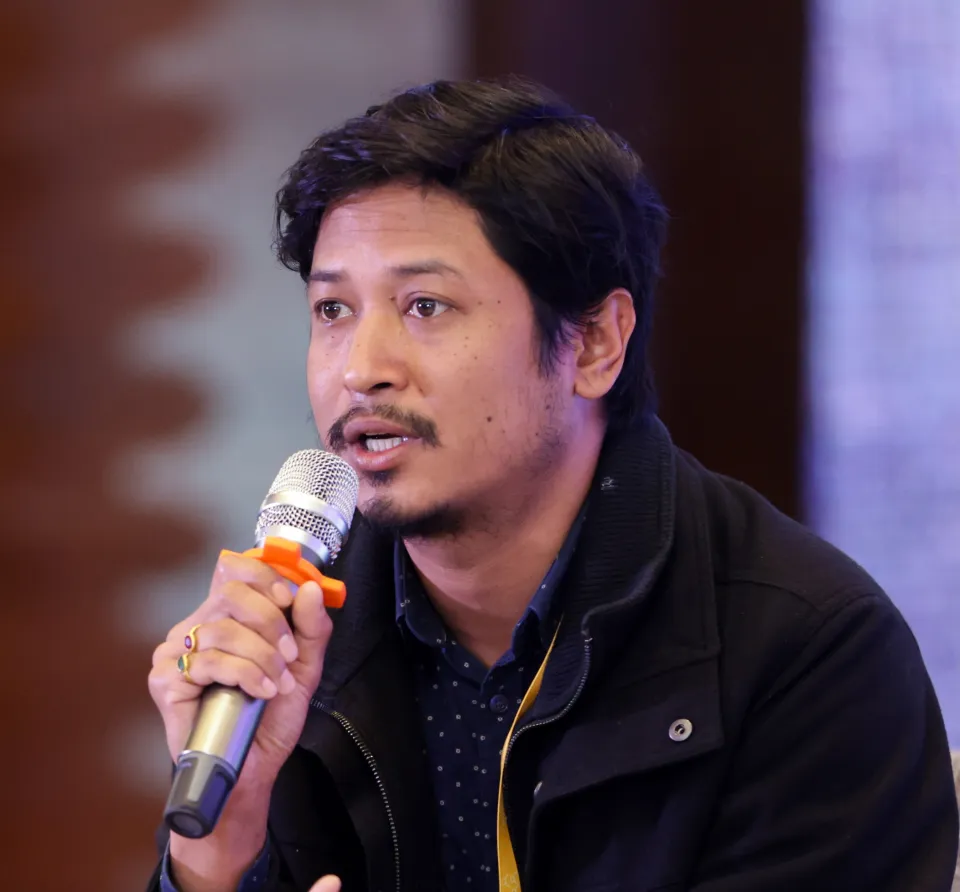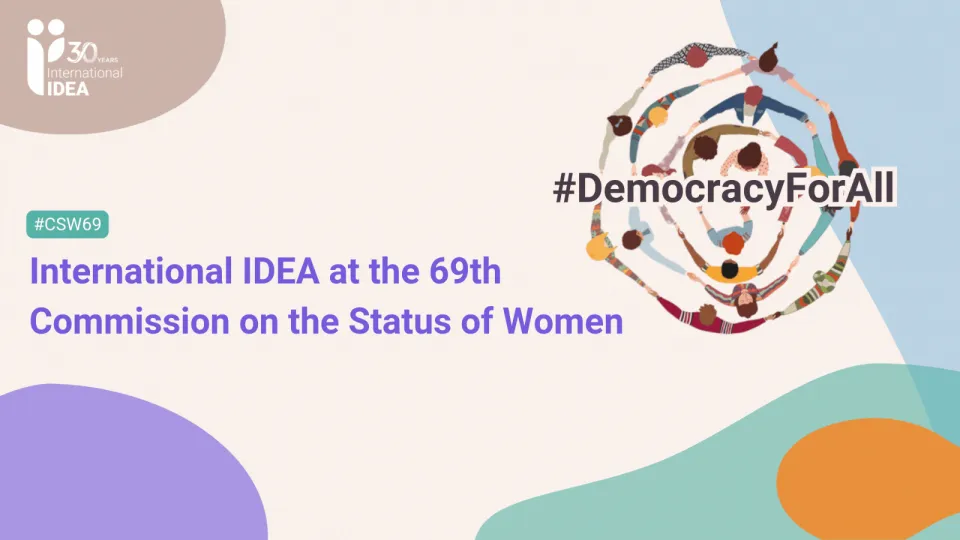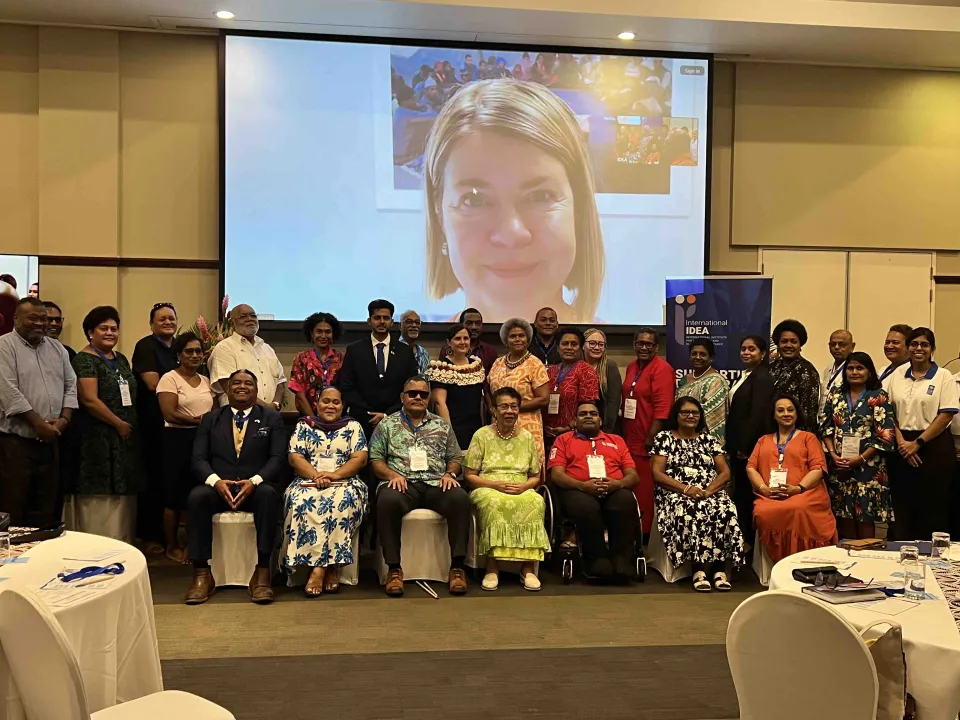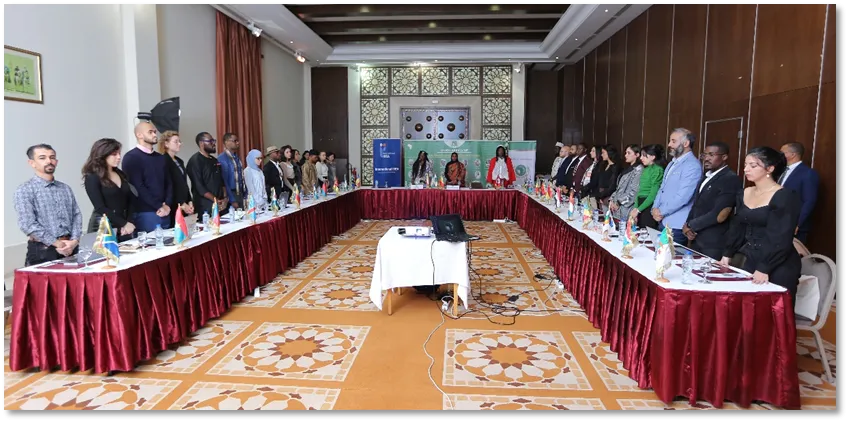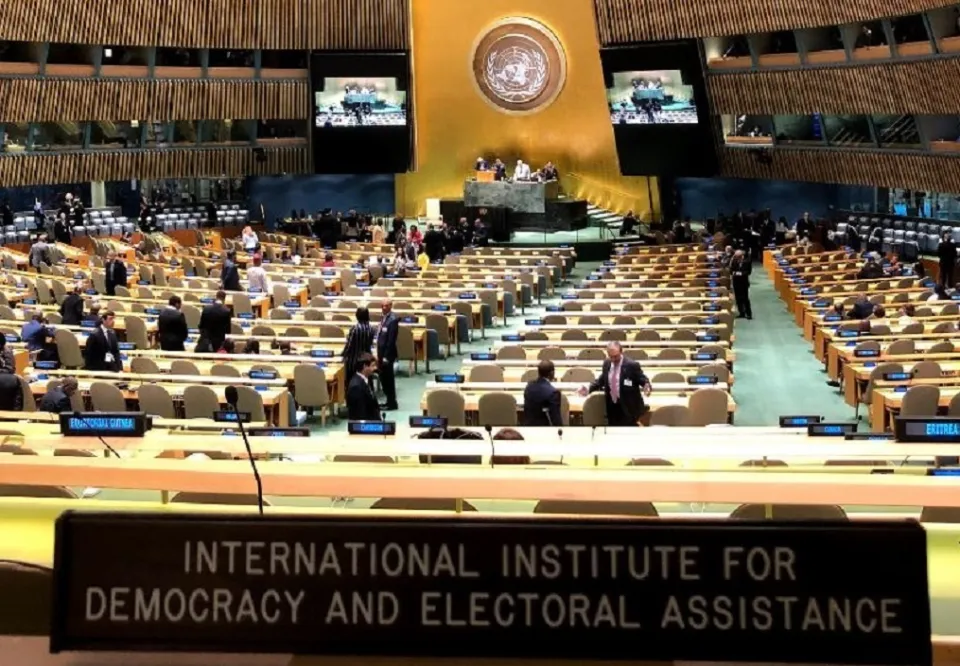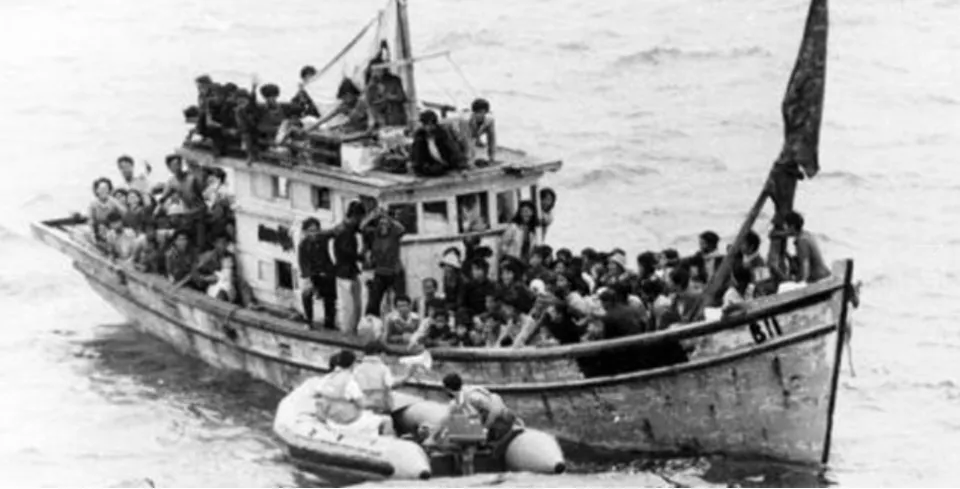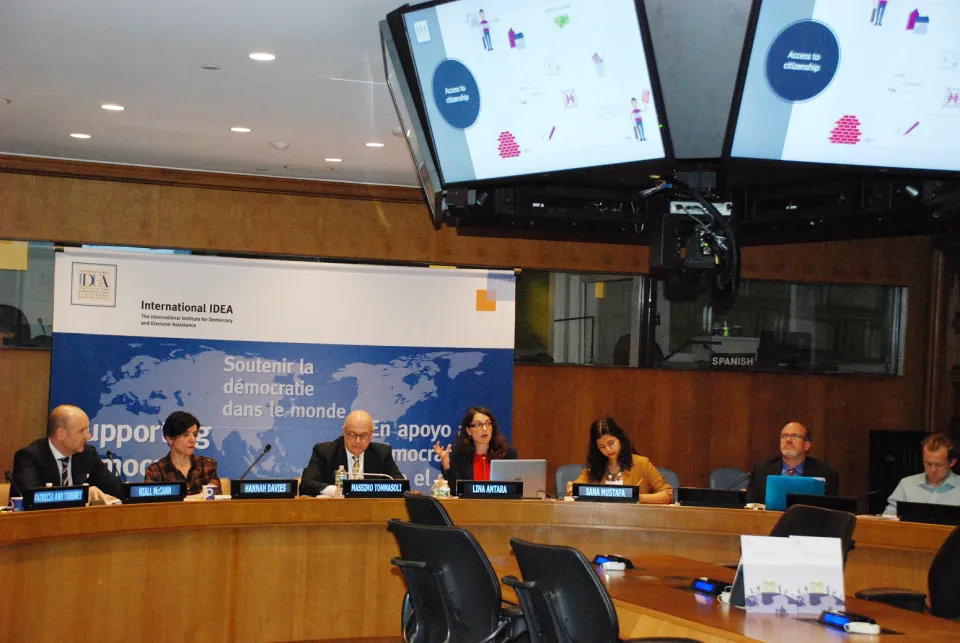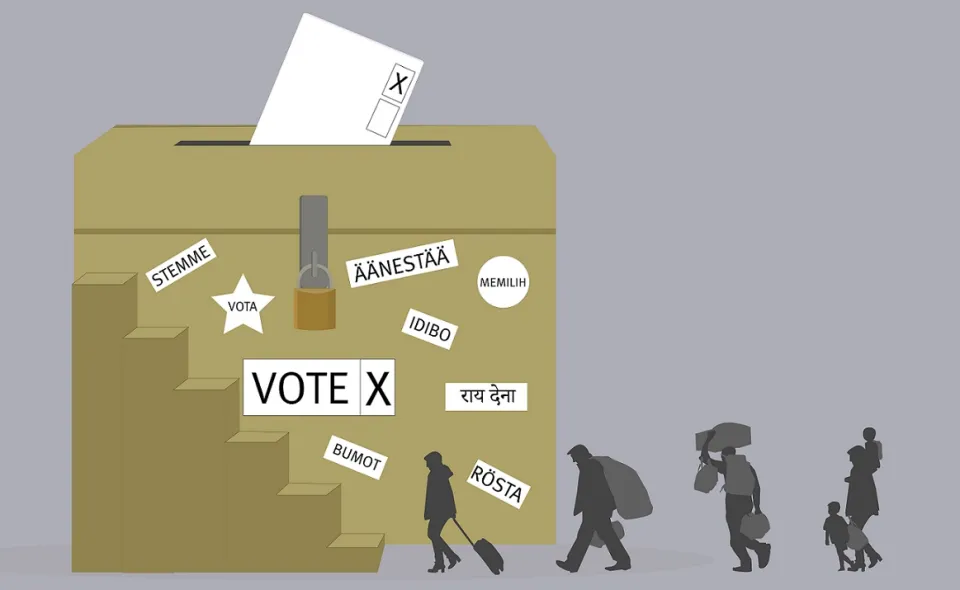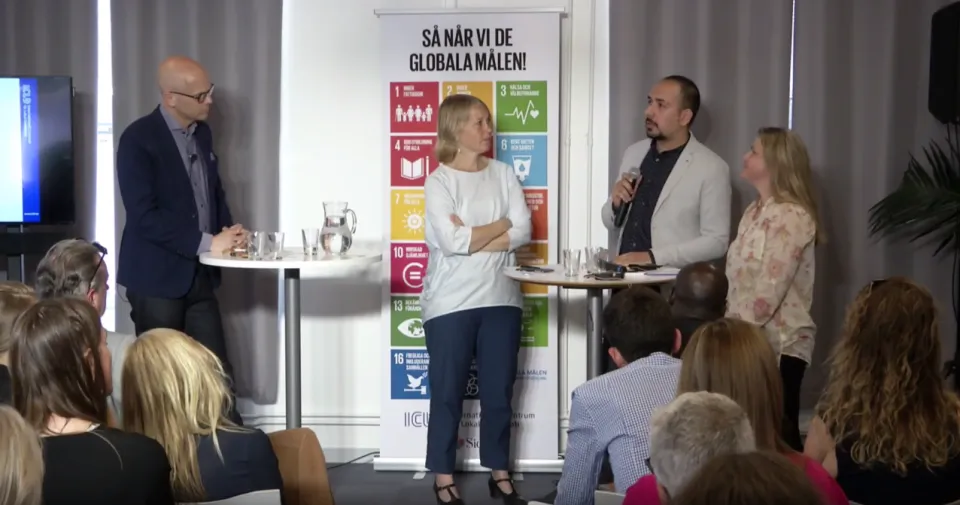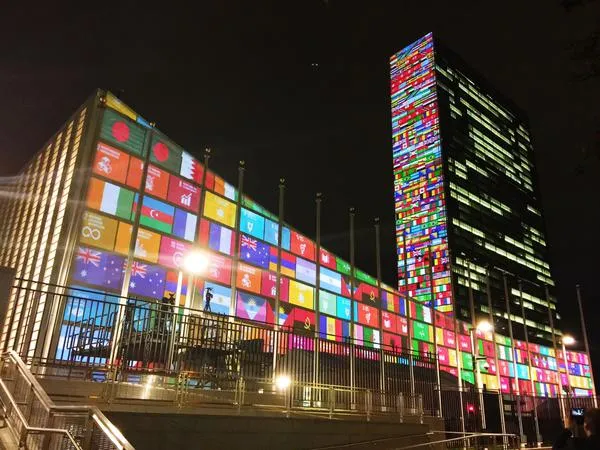Enfranchising South Asia’s absent voters: challenges and prospects
Country case studies
South Asia, the world’s most densely populated region, is home to some of the largest and most dynamic migration flows—both internal and international. Yet, despite the scale and significance of this mobility, migrants across the region remain largely excluded from formal political participation. In most of the region’s countries, the right to vote rigidly remains tied to fixed residence and in-person voting requirements which, combined with limited, ineffective or inexistent absentee voting provisions, leave millions of absent citizens unable to exercise their democratic rights.
Case studies: The Absent Voters of South Asia
With The Absent Voters of South Asia—eight country case studies covering Afghanistan, Bangladesh, Bhutan, India, Maldives, Nepal, Pakistan and Sri Lanka—International IDEA examines the persistent electoral disenfranchisement of South Asia’s mobile populations and the implications for democratic inclusion, legitimacy, and representation in the region.
Migrants—particularly those from rural and socio-economically marginalized backgrounds—are disproportionately affected by restrictive or limited voting systems unable to reflect the realities of the region’s large-scale mobility. A multitude of barriers—including legal, political, institutional, procedural, logistical, and financial—have resulted in what is effectively a structural, large-scale disenfranchisement of both internal and international migrants across the region.
The Absent Voters of South Asia country case studies offer a comparative, in-depth assessment of absentee voting frameworks, institutional design and the various constraints that continue to impede progress in the enfranchisement of migrants.
Despite these challenges, momentum for reform is growing. The country case studies outline actionable pathways for expanding electoral access, including legal reform, institutional innovation and greater political commitment to inclusive governance. Collectively, they provide valuable insights into the current electoral landscape in South Asia and lay the groundwork for identifying context-specific opportunities for advancing more inclusive electoral practices across this region.
Afghanistan
International IDEA
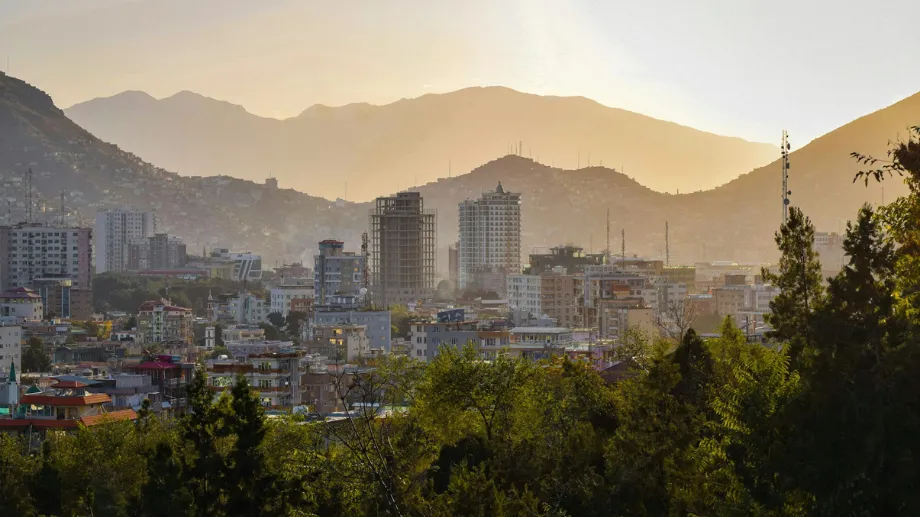
Absent voters of Afghanistan
This case study examines the challenges and prospects for the voting rights of migrants and displaced people in future elections, should democracy ever be restored in Afghanistan. Drawing on historical context and legal frameworks, the study identifies the reasons for the exclusion of displaced populations and how their electoral rights, guaranteed by the 2004 Constitution, have been largely unfulfilled.
Following the Taliban takeover in August 2021, elections are no longer held, and the future of Afghan voters' political rights remains uncertain. Despite the current circumstances, the study emphasizes the importance of respecting and guaranteeing these rights in any future democratic regime.
Bangladesh
International IDEA
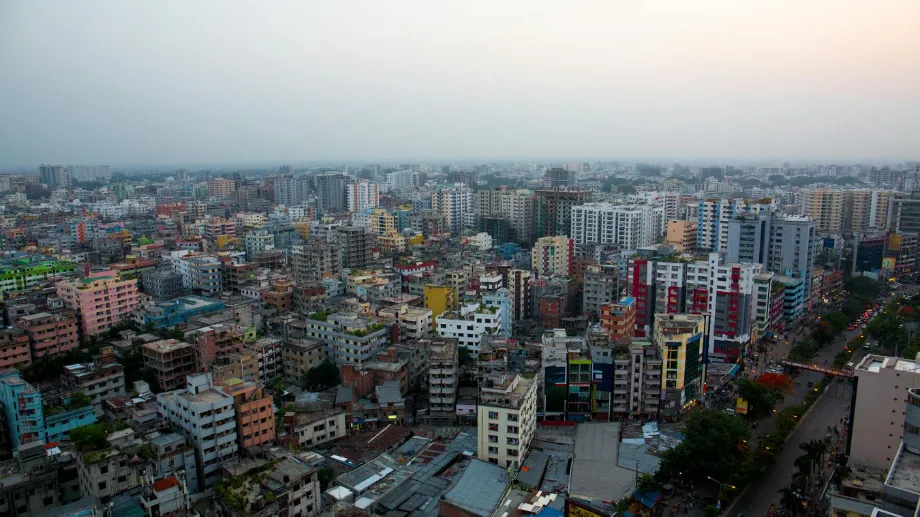
The Absent Voters of Bangladesh
This case study explores Bangladesh’s migration trends, highlighting its status as the sixth-largest source of international migrants in 2020 and underscoring the significant impact of migratory movements on the nation.
It examines the electoral enfranchisement of Bangladesh’s absent voters, revealing a stark dichotomy: while legal provisions formally grant overseas voters the right to vote, complex and restrictive postal voting procedures prevent them from exercising this right in practice. The study concludes by outlining potential reforms to enhance electoral participation among absent voters.
Bhutan
International IDEA
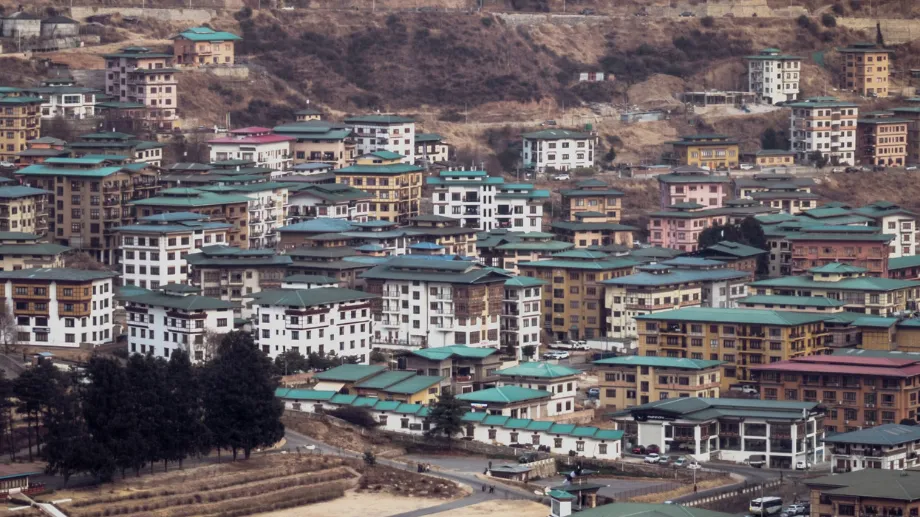
The Absent Voters of Bhutan
This case study examines the enfranchisement of Bhutan’s international and internal migrants. Compared with other South Asian countries, Bhutan stands out for adopting absentee voting policies and processes that aim for greater inclusion of its absent voters. However, the legal framework governing eligibility for absentee voting imposes substantial limitations, such as strict residency requirements, property ownership restrictions and limited categories of voters eligible for postal voting, which restrict broader enfranchisement.
The case study offers recommendations to enhance and expand the enfranchisement of Bhutan’s absent voters.
India
International IDEA
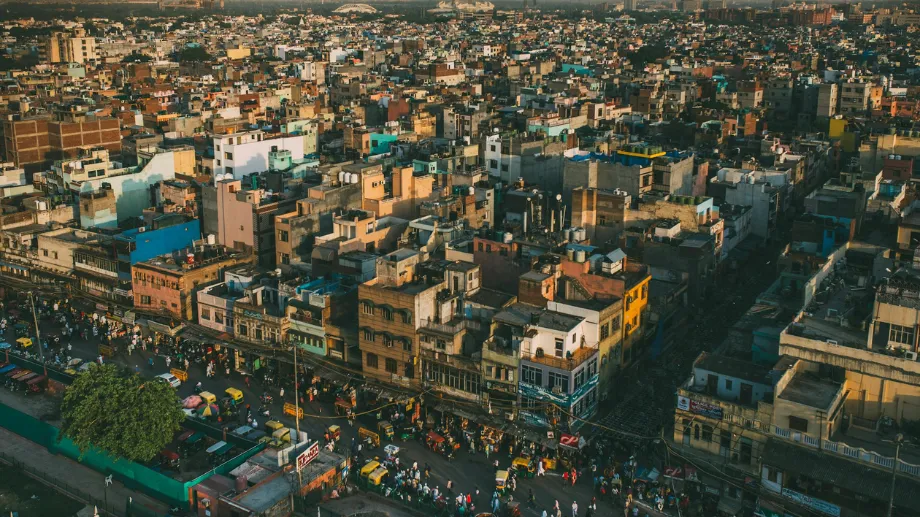
The Absent Voters of India
This case study explores the complex landscape of India’s internal and international migration and its profound impact on the nation’s political formation. The electoral process, primarily designed around stable voter residency, limits the participation of a constantly mobile population both within and outside the country.
The study highlights the need for proactive, viable and trusted enfranchisement solutions; targeted information campaigns; and enhanced voter education efforts to effectively ensure that, in India’s elections, no voter is left behind.
Maldives
International IDEA
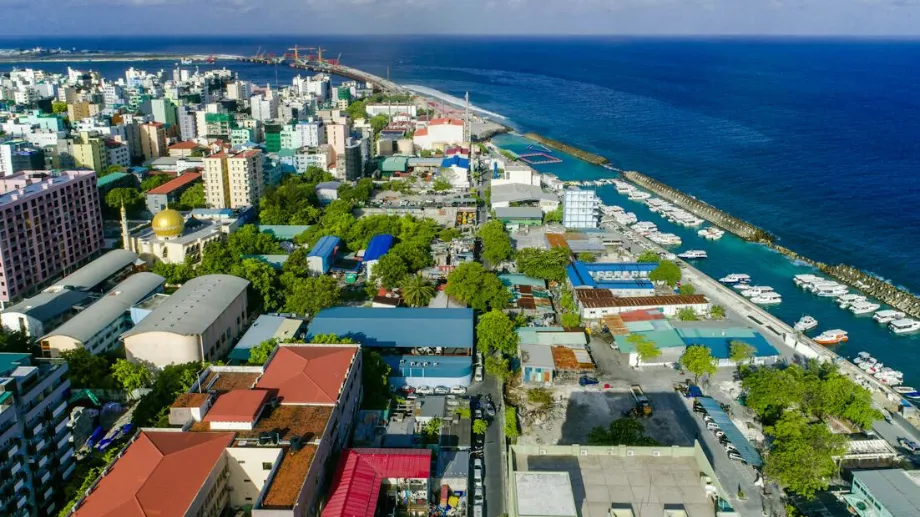
The Absent Voters of the Maldives
This case study provides an outline of migration in the Republic of Maldives, an archipelago facing unique challenges due to its dispersed geography and vulnerability to climate change, with the concentration of its population in the densely populated capital, Malé.
Maldivian migrants—not only those overseas but also those working in the tourism sector and engaged in internal circular migration—confront several challenges in exercising their voting rights. The study highlights several prospects for overcoming the limited electoral enfranchisement of Maldivian absent voters and also recommends a comprehensive debate on solutions.
Nepal
International IDEA
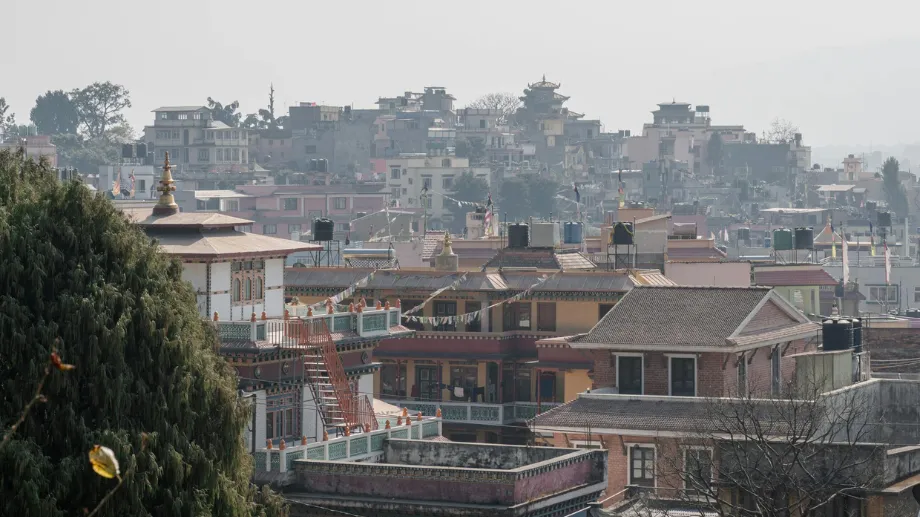
The Absent Voters of Nepal
This case study explores the complexities surrounding the enfranchisement of Nepal’s internal and international migrant population. Despite its large migration flows—particularly those related to its temporary workers—Nepal’s migrants continue to be denied their right to vote.
The study outlines legal, constitutional and operational challenges. In its conclusions, the study emphasizes that enfranchising Nepal’s absent voters—both those who have migrated abroad and those moving within the country—depends on several critical preconditions being met.
Pakistan
International IDEA

The Absent Voters of Pakistan
Pakistan’s history and geographic location have made it a major migration hub. From the mass movements triggered by partition to ongoing internal and international population flows, migration has shaped—and continues to shape—the country’s political, social and economic landscape.
This case study explores the multifaceted drivers of Pakistan’s migration, spanning from economic conditions and climate change to political instability and conflict. The study concludes by highlighting several prospects for making Pakistan’s electoral processes more inclusive and participatory.
Sri Lanka
International IDEA

The Absent Voters of Sri Lanka
Migration in Sri Lanka has seen significant growth in the past two decades, with approximately 1.7 million citizens working abroad and nearly 3 million living overseas. Despite this demographic shift, Sri Lanka’s electoral system has struggled to adapt, continuing to leave its absent voters disenfranchised.
The challenge of enfranchising migrants has been recognized by several parliamentary and presidential electoral reform committees and civil society, yet viable solutions have been elusive. This case study highlights how prospects for the enfranchisement of Sri Lanka’s migrants would require a staged approach.
Related publications
